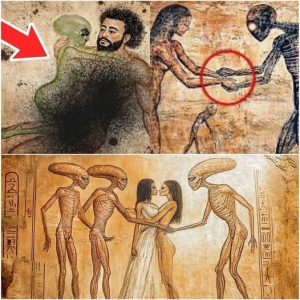For eighteen years, Sarah lived with the belief that her husband, Charles, had tragically died in a car accident shortly after the birth of their daughter, Susie. Overwhelmed by grief and the demands of single motherhood, she accepted the narrative presented by Charles’s mother, Diane: the closed casket, the cremation, the death certificate. She never questioned it.
As the years passed, Sarah rebuilt her life. She focused on raising Susie, who grew into a bright and compassionate young woman. Sarah remarried and found happiness again, though a part of her always carried the sorrow of losing Charles.
Then, one evening, as Sarah was preparing dinner, she overheard Susie on the phone, whispering, “I miss you too, Dad.” The words struck Sarah like a bolt of lightning. She rushed into the room, demanding an explanation. Susie, startled, confessed that she had found Charles online six months earlier and had been speaking to him in secret.
Shocked and confused, Sarah confronted Charles. He explained that he had panicked after Susie’s birth and, manipulated by his mother, had staged his own death, believing he was unworthy and would only hurt his family. He had been living under a new identity, watching from afar as Sarah and Susie moved on without him.
Determined to understand the full extent of his actions, Sarah demanded that Charles take financial responsibility for the years he had missed. She insisted that he contribute to Susie’s education and well-being, acknowledging that while he could never undo the past, he could make amends in the present.
Charles agreed, and slowly, he began to reintegrate into Susie’s life. He approached her with care and respect, understanding that trust had to be rebuilt over time. Susie, now an adult, forgave him in her own time, calling him “Dad” and inviting him into her milestones.
Sarah and Charles never truly reconciled romantically. However, they found a new dynamic, co-authoring their daughter’s story—one of pain, truth, healing, and resilience. In the end, what mattered wasn’t who left, but who returned—and stayed.





